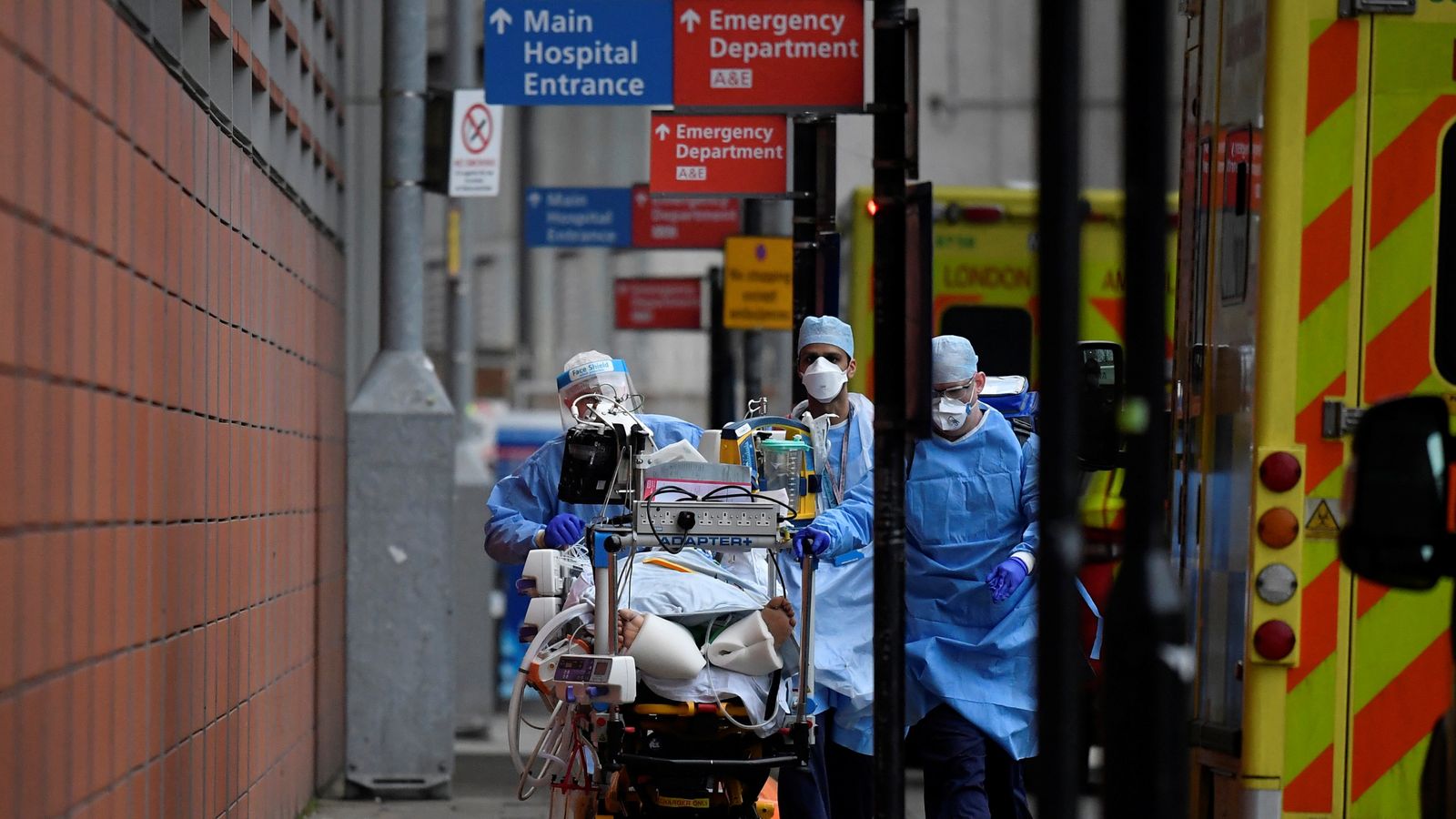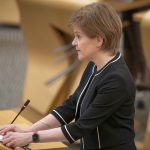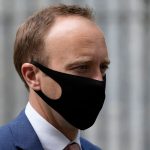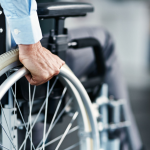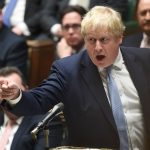Chancellor Rishi Sunak has told MPs the offer of a 1% pay rise for NHS staff is “based on affordability”.
The government has come under pressure over its proposed salary increase for health workers, who have battled through the COVID crisis.
Critics have pointed out the 1% rise could actually be a real-terms cut due to forecast inflation, with the nurses’ union having set up a £35m strike fund in a warning of possible industrial action.
Mr Sunak was questioned about the pay offer by the House of Commons’ Treasury committee on Thursday, as he faced MPs over last week’s budget.
Asked why he thought nurses are worth only a 1% pay rise, the chancellor stressed that the offer was “part of a separate process, not to do with the budget” and that the NHS pay review body would now consider the government’s recommendation.
“What the Department of Health does is make a recommendation to that body based on affordability,” he said.
“And then the body will take that evidence into account as it looks at everything in the round and come back with a recommendation later on.”
Pressed on whether the Treasury was not involved in the 1% offer and it had come as a surprise to him, the chancellor said ministers were “one government”.
Mr Sunak described how he had set out a “broader approach” to public sector pay at November’s spending review, which “took account of the circumstances we were facing economically”.
“For a matter of fairness and to protect people’s jobs in the public sector, given what was going on in the private sector, we set out a targeted approach to public-sector pay which we thought was proportionate, fair and reasonable,” he said.
“What that actually did was ensure those in the NHS would actually receive a pay rise next year. In other parts of the public sector that will not be the case next year.
“We did also protect those on the lowest incomes, so that if you earn less than the median salary of about £25,000 – just under – you receive an increase of at least £250 next year.”
The chancellor said the “majority of those working in the public sector will see a pay rise next year”, but that it was “being done in a more targeted way in recognition of the circumstances that we face”.
“Then the way that happens is departments have a process individually with their pay review bodies where they present evidence, and that happens bilaterally,” he added.
Please use Chrome browser for a more accessible video player
Mr Sunak’s budget included an increase in corporation tax from 19% to 25% in 2023, but he told the committee the move would not deter businesses from coming to the UK.
“Corporation tax is just one of the things in the shop window and there are lots of other things in the shop window as well that are going to entice people to come through the door,” he said.
The chancellor also told MPs he was “constantly kept up at night” by the prospect of more job losses during the COVID crisis.
He said there was “a large number of people who are going to lose their jobs over the course of this pandemic and minimising the number of those unemployed and finding them new opportunities as quickly as possible is a thing that keeps me up at night”.
Subscribe to the Daily podcast on Apple Podcasts, Google Podcasts, Spotify, Spreaker
Mr Sunak refused to tell the committee whether he benefited from the rise in the share price of Moderna, the manufacturer of a COVID vaccine.
“All my register of interests are disclosed to the Cabinet Office in the normal way and are available transparently for anyone to see there,” he said.
“All my disclosures are in accordance with the Cabinet Office guidelines and have been gone over rigorously, and are published in the normal way.”
